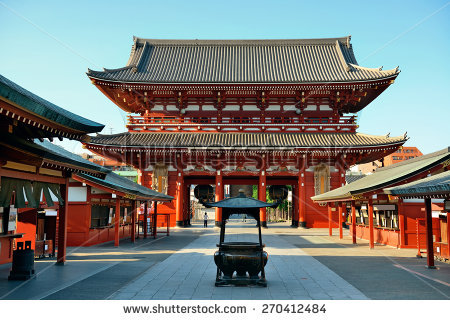Venue & Hospitality
City Highlights
About City
About Tokyo
Tokyo, Japan’s busy capital, mixes the ultramodern and the traditional, from neon-lit skyscrapers to historic temples. The opulent Meiji Shinto Shrine is known for its towering gate and surrounding woods. The Imperial Palace sits amid large public gardens. The city's many museums offer exhibits ranging from classical art (in the Tokyo National Museum) to a reconstructed kabuki theater (in the Edo-Tokyo Museum).
Tokyo is a fast-paced city with an almost manic energy. The city is constantly changing, as the local obsession with newness makes fashions fade fast and the latest technologies quickly obsolete. However, the hyper-urban cosmopolis does have a more traditional side that, although not immediately evident, is still there to charm travellers with its shrines, public baths and leafy parks. The city is also as important historically as it is in the pop-culture world. The imperial family is a source of pride and an institution, and residents mix traditional societal mores with cutting-edge inventions, art, fashion and music. The Japanese capital and its culture are taking the world by storm, but it still stays faithful to its origins.
There is so much to see and do in the city of 12 million people, but the Asakusa district is a real highlight. The district is easily accessible by subway, but if you are not in a hurry, takes the river cruise that lazily floats up the Sumida from Tokyo Bay's Hinode pier. Once you arrive, check out the countries first skyscraper, photo studio and cinema, and then head to the Sensoji Temple. The small temple enshrines a golden statue of Kannon, the Buddhist goddess of mercy, and is located in the area's most lively neighborhood.
Venue

